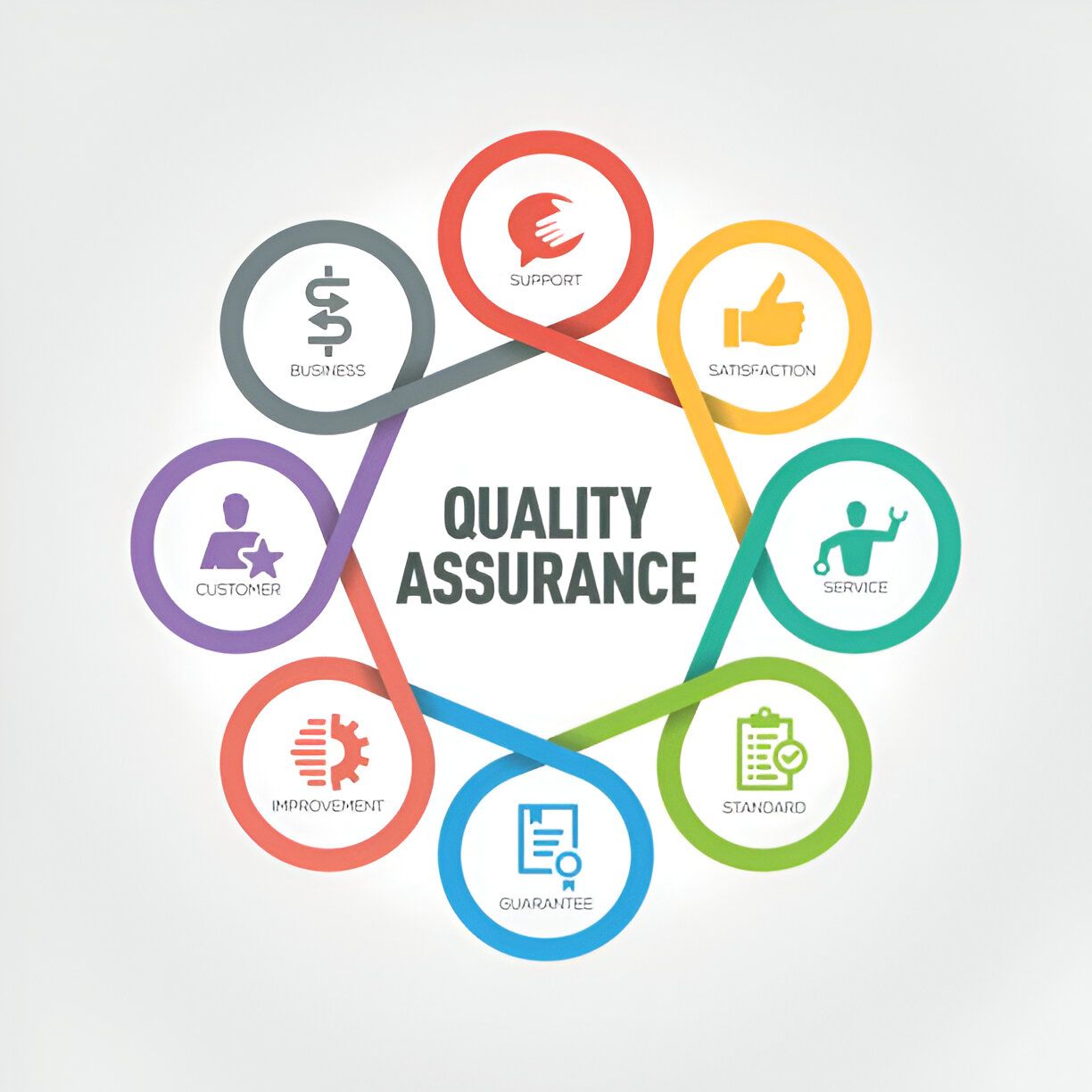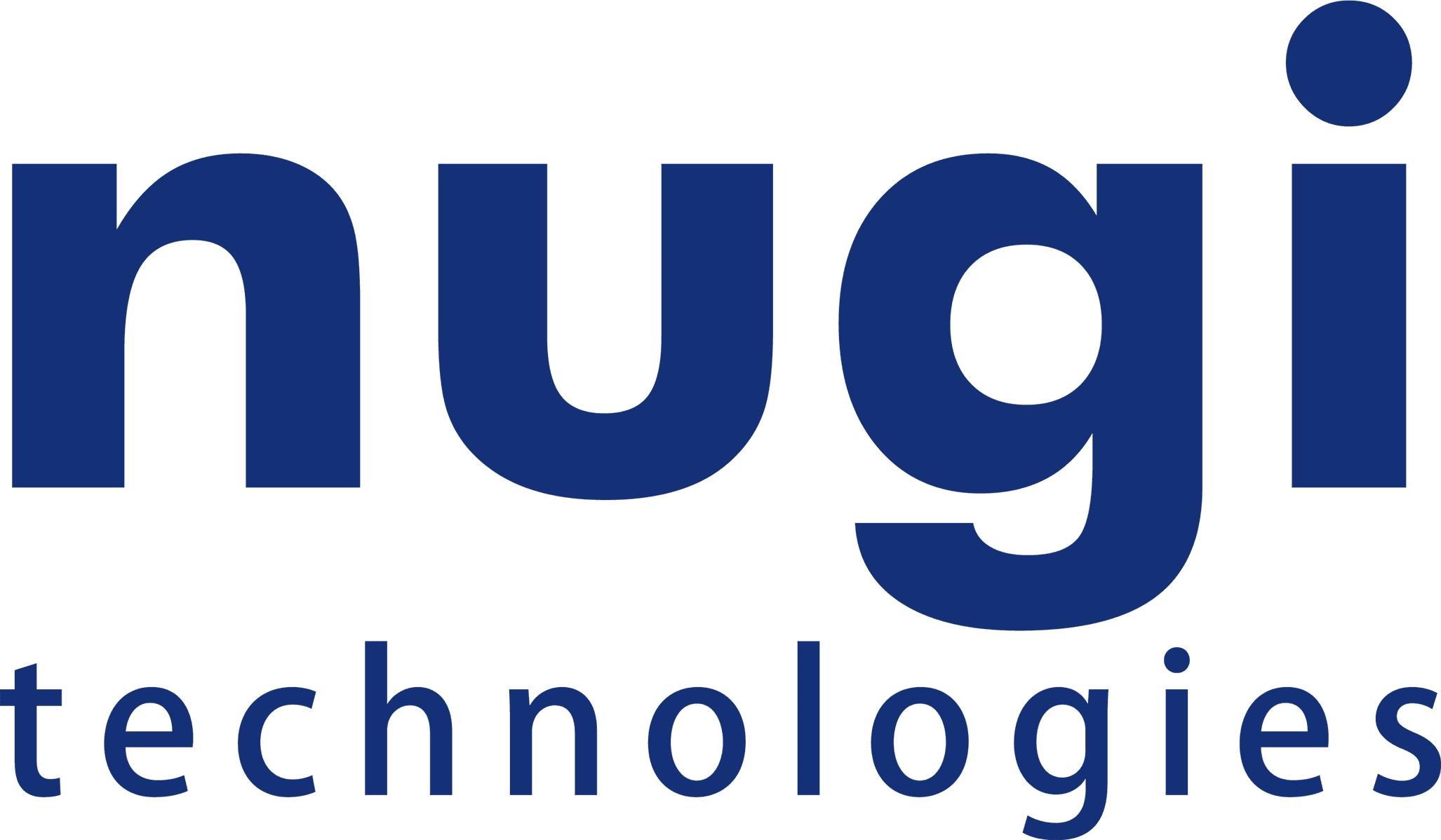Quality Assurance (QA) and Testing are integral components of the software development process that help ensure products meet high standards before reaching users. This blog post explores the significance of QA & Testing in the tech industry, their impact, benefits for businesses, and best practices to follow.
Definition of QA & Testing
Quality Assurance (QA) refers to the systematic process of ensuring that a product meets specified requirements and standards. Testing, a part of QA, involves evaluating the functionality, performance, and security of the software through various tests.
Difference between QA and Testing
While QA encompasses the entire process of ensuring quality, including planning, monitoring, and improving, Testing focuses specifically on identifying and fixing defects in the software.
Role of QA & Testing in the Software Development Lifecycle
QA & Testing play a crucial role at every stage of software development, from the initial design phase to final deployment, ensuring the product is reliable, efficient, and user-friendly.
The Impact of QA & Testing on the Tech Industry
Improved Software Reliability
Software reliability is essential for user trust and satisfaction. QA & Testing help identify and rectify issues early, ensuring the software functions correctly. For instance, a major e-commerce platform once faced severe backlash due to frequent crashes during peak sales periods. Implementing rigorous QA & Testing protocols significantly improved its reliability, leading to a better user experience.
Faster Time-to-Market
Automated testing tools enable faster and more efficient testing processes, allowing companies to release updates and new features quickly. Companies like Facebook and Google leverage automated testing to maintain their rapid development cycles, ensuring they stay competitive and innovative.
Cost Efficiency
Detecting issues early in the development process is significantly more cost-effective than fixing them post-release. A study revealed that fixing a bug after release can cost up to 100 times more than during the design phase. Effective QA & Testing can save businesses substantial amounts of money by preventing costly post-release fixes.

Benefits of QA & Testing for Businesses and Organizations
Preventing Costly Mistakes
Without proper QA & Testing, businesses risk releasing products with critical flaws, leading to potential financial losses and reputational damage. For example, a financial software company faced millions in losses due to a calculation error that could have been prevented with thorough testing.
Enhancing Customer Satisfaction
High-quality products lead to happier customers. QA & Testing ensure products meet user expectations, resulting in increased satisfaction and loyalty. A mobile app company saw a significant rise in positive reviews and user retention after implementing stringent QA & Testing practices.
Building a Strong Reputation
In the tech industry, reputation is everything. Consistently delivering high-quality products through effective QA & Testing builds trust and credibility. Companies known for their reliable products, like Apple and Microsoft, have strong reputations that attract and retain customers.
Best Practices in QA & Testing
Implementing Automated Testing
Automated testing offers numerous advantages, including speed, accuracy, and the ability to run repetitive tests efficiently. Tools like Selenium and JUnit are popular for implementing automated testing strategies.
Continuous Integration and Continuous Deployment (CI/CD)
CI/CD pipelines integrate QA & Testing into the development process, ensuring continuous quality checks and faster delivery cycles. Adopting CI/CD practices helps detect and fix issues early, improving overall product quality.
Regular Audits and Reviews
Regular code audits and reviews are essential for maintaining quality standards. Conducting thorough QA audits and peer reviews helps identify potential issues and areas for improvement, ensuring consistent product quality.
Conclusion
QA & Testing are indispensable in the tech industry, ensuring that software products are reliable, efficient, and user-friendly. Investing in QA & Testing not only prevents costly mistakes but also enhances customer satisfaction and builds a strong reputation. By following best practices like automated testing, CI/CD integration, and regular audits, businesses can ensure their products meet the highest quality standards. Prioritizing QA & Testing is a strategic move that pays off in the long run, fostering innovation and success in the competitive tech industry.







